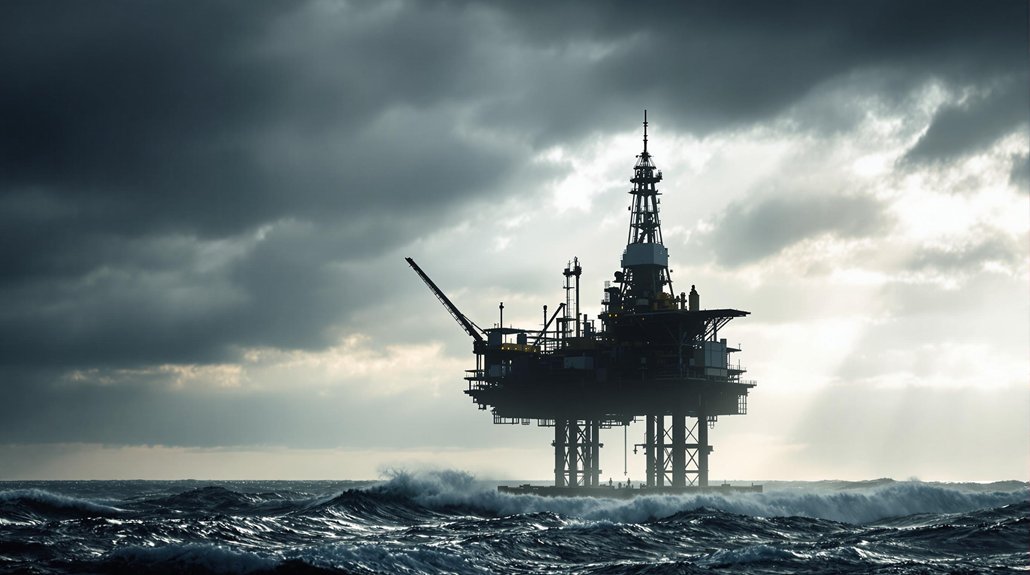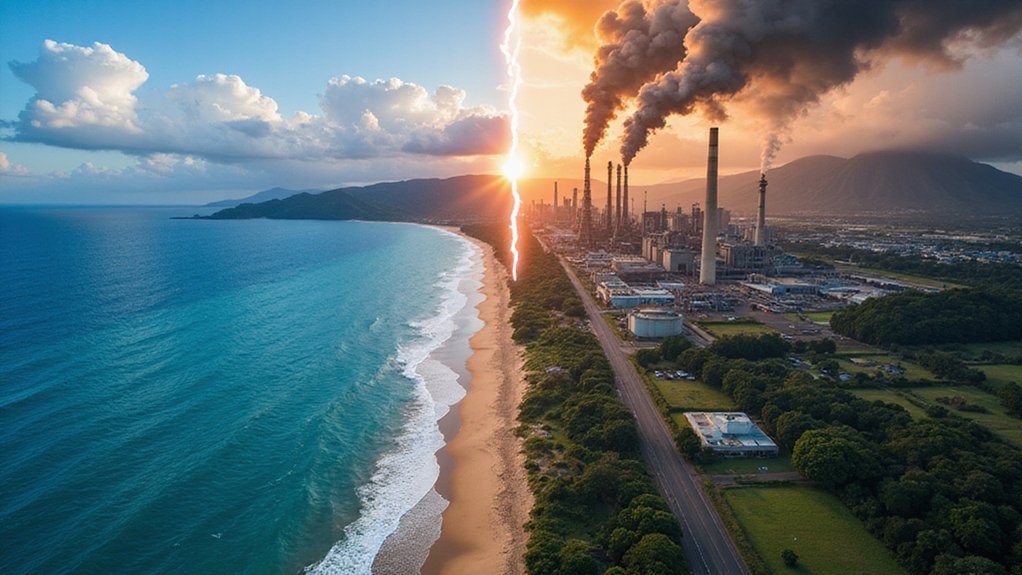The U.S. Supreme Court has rejected four oil industry appeals since 2023, allowing climate lawsuits to proceed in lower courts. ExxonMobil and Shell face over 40 lawsuits each, with claims that they deceived the public about climate risks. These cases have nearly tripled since the 2015 Paris Agreement. Oil companies argue climate policy belongs to Congress, not courts. The legal battle between fossil fuel giants and climate advocates continues to intensify across America.
After years of legal maneuvering, major oil companies now face an unprecedented wave of climate lawsuits moving forward in courts across America. The U.S. Supreme Court recently declined to hear challenges from Republican-led states, allowing climate lawsuits against oil giants to proceed. This marks the fourth time since 2023 that the justices have rejected appeals from the oil industry.
The floodgates for legal action appear to be opening. Since the 2015 Paris Agreement, climate lawsuits have nearly tripled. There are now 86 cases filed against the largest fossil fuel producers, with 58% brought in the U.S. and 24% in Europe. Last year alone saw 14 new cases filed, compared to just 5 in 2015.
ExxonMobil and Shell top the list of defendants, each facing more than 40 lawsuits. The cases vary in their focus, with 38% seeking compensation for climate damages, 16% challenging misleading advertising, and 12% targeting failures to reduce emissions.
Democratic-led states like California, Connecticut, and Minnesota are leading many of these legal battles. They accuse oil companies of deceiving the public about climate risks and failing to warn consumers about the dangers of their products. Many lawsuits claim violations of consumer protection laws.
The oil industry isn’t taking these challenges lying down. Companies argue that these cases could disrupt interstate commerce and that climate policy should be decided by Congress, not courts. The companies face immense financial risks, as giants like ExxonMobil, Shell, and BP are each estimated to be responsible for climate-related costs exceeding USD 1 trillion. Industry groups call the lawsuits an inappropriate use of the judicial system.
Plaintiffs point to the growing evidence that fossil fuels account for 65% of emissions globally, strengthening their case that these companies bear significant responsibility for climate change impacts.
So far, no oil company has paid liability for climate damages, but the stakes are high. Successful cases could set precedents for holding polluters accountable and pose significant financial and reputational risks for the industry. The recent decision by the Supreme Court notably allows Honolulu’s case against fossil fuel companies to progress toward a trial in 2026.
As these lawsuits move forward, they’re likely to influence not just the oil companies’ bottom lines, but also future climate policy and regulation across the country. The battle between oil giants and climate advocates has only just begun in America’s courtrooms.






